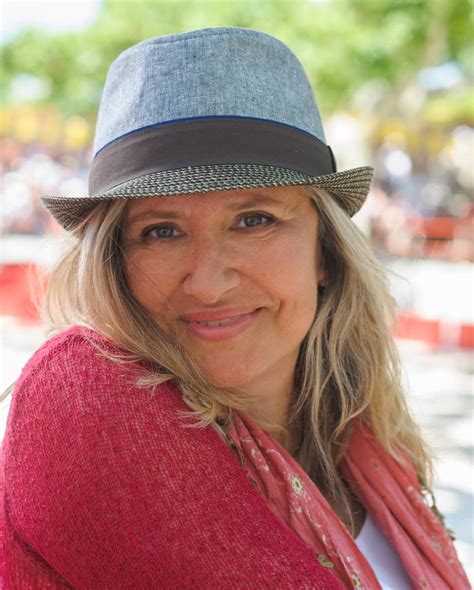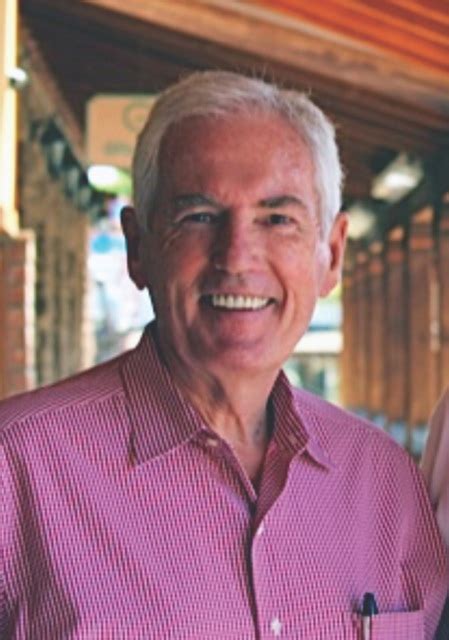A Quote by Roselyne Bosch
I was convinced that adults would realize more what they are capable of doing if it's shown through children's eyes.
Related Quotes
Anecdote: The extent of Michael Jackson's fame at its height, and his eagerness to exploit it is shown by an incident in 1984 when invited to a White House reception hosted by then President and First Lady Ronald and Nancy Reagan. Jackson had been assured that the only people there, besides the presidential couple, would be a few staff members' children. Aghast to find around 75 adults and no children, Jackson locked himself in an upstairs bathroom, refusing to emerge until assured that all non-essential adults had been replaced by a number of children.
We do children an enormous disservice when we assume that they cannot appreciate anything beyond drive through fare and nutritionally marginal, kid-targeted convenience foods. Our children are capable of consuming something that grew in a garden or on a tree and never saw a deep fryer. They are capable of making it through diner at a sit-down restaurant with tablecloths and no climbing equipment. Children deserve quality nourishment.
The new concept of the child as equal and the new integration of children into adult life has helped bring about a gradual but certain erosion of these boundaries that once separated the world of children from the word of adults, boundaries that allowed adults to treat children differently than they treated other adults because they understood that children are different.
He's convinced most human adults do not know how to play anymore and that playing is one of the best ways to think. Franky finds children, by far, much more pleasant and intelligent than most adults, but they are easily ruined by their families, schools, and society. He says one of the ways they are ruined is by being forced to think of all the tasks that need to be done as work, not as play. It takes the joy out of living.

































